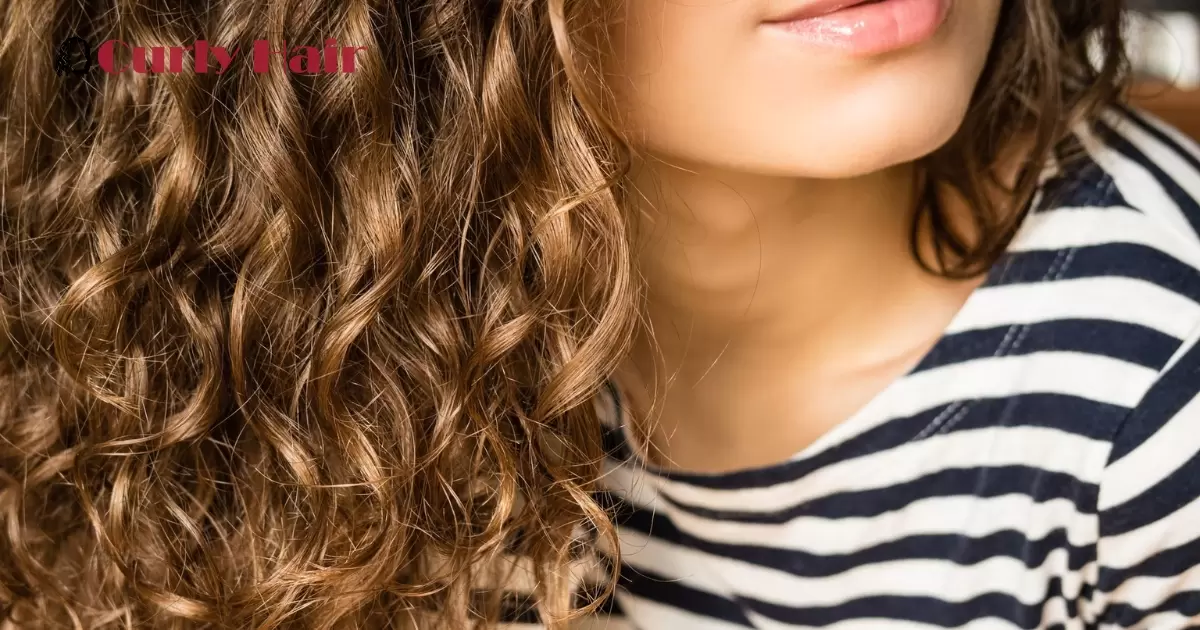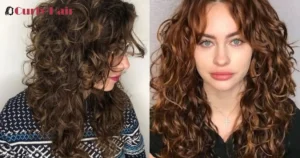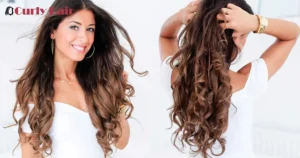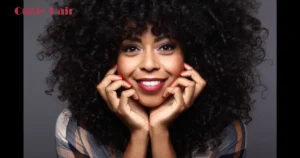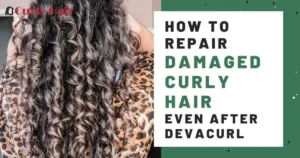When the air is humid, curly hair tends to get frizzier. The moisture in the air causes the hair cuticle to swell and lift. This makes the curls lose definition and become puffy or frizzy. In low humidity, curly hair dries out more easily.
What does humidity do to curly hair? It turns smooth, defined curls into a puffy, frizzy mess. But curly-haired friends, don’t let humidity ruin your style. Arm yourself with tips to fight frizz and take back control of your coils.
Humidity affects curly hair by disrupting the hair cuticle. The moisture causes it to swell, prying open the cuticle layers. This leads to frizz, puffiness, and less defined curls. The ideal humidity for defined curls is around 40-60%. Too much moisture causes frizz. Too little leads to dryness and shrunken curls.
Key Takeaways
- Curly hair loves humidity but needs the right balance.
- Hydrate curls and use anti-frizz products for defined bouncy hair.
- Consider hairstyles that shield your curls from excessive humidity.
- Appreciate the natural beauty of your curls in different conditions.
Humidity And Curly Hair
Curly hair and humidity often don’t get along. The moisture in the air can turn those lovely curls into a frizzy situation. It’s like the humidity disrupts the natural flow of the hair, making it a bit unruly.
To tackle this, focus on keeping those curls well-hydrated. Choose a conditioner that packs a punch in moisture, and steer clear of products with alcohol, as they can dry out your curls. Well-hydrated curls are more resilient against the frizz that tends to pop up when the air gets sticky.
Causes Frizz And Volume
| Causes of Frizz | Causes of Volume |
| 1. High Humidity Levels | 1. Lack of Hair Hydration |
| 2. Cuticle Damage | 2. Excessive Heat Styling |
| 3. Harsh Hair Products | 3. Using Cotton Pillowcases |
| 4. Environmental Factors | 4. Overwashing Hair |
Frizz and volume often result from hair cuticle lifting. This happens when the outer layer of hair becomes raised, letting moisture in and causing strands to swell. Humidity exacerbates the issue, making frizz more likely. Dandruff in curly hair can also contribute to frizz and dryness, further complicating hair care routines.
Using harsh shampoos strips hair of natural oils, promoting frizz. Heat styling without protection damages hair, making it prone to frizz and adding unwanted volume. To manage frizz and volume, consider hydrating shampoos, gentle styling, and protective products to keep hair cuticles smooth and healthy.
Disrupts Curl Pattern
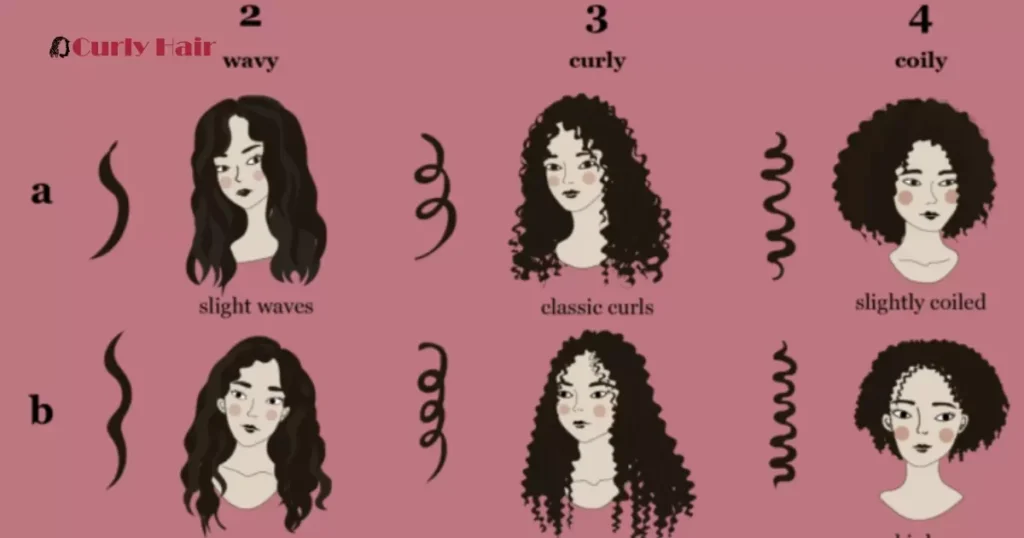
When hair is damaged, it disrupts the curl pattern. Damage can come from heat, chemicals, or rough handling. It alters how curls form and hold. This disruption leads to frizz and inconsistency in curl appearance.
Chemicals in hair products can disrupt curl patterns. Harsh ingredients strip hair of its natural oils. This causes curls to lose their bounce and shape. Over time, the curl pattern becomes less defined. To maintain healthy curls, it’s important to use gentle products and handle hair with care.
Increases Risk Of Breakage
Frequent bending stresses the object, making it more likely to break. Handling roughly raises the risk of damage. Ignoring warning signs increases the chances of breakage. Regular maintenance minimizes the risk of potential breakage.
Exposing the item to extreme temperatures weakens its structure, heightening the risk of breakage. Overloading strains the object, making it more prone to fractures. Ignorance of weight limits increases the likelihood of damage. Mindful handling reduces the overall risk of breakage.
Makes Hair Appear Larger
Another trick is blow-drying. Flip your head upside down while drying to lift the roots. This simple move adds instant volume, leaving you with hair that looks naturally abundant. So, when it comes to making your hair appear larger, remember, that the right cut and a strategic blow-dry can work wonders.
Picking the right haircut is key it can create the appearance of fuller hair. Layers are a secret weapon, adding dimension and making your hair seem larger without any hocus-pocus. And don’t forget the power of a strategic blow-dry; flipping your head upside down can instantly lift the roots, leaving you with naturally abundant-looking hair.
Reduces Definition And Shine

Dulling and flattening, the effect is clear, and reduces definition and shine. Hair once vibrant and glossy now appears lackluster. Products promising brilliance may contribute to this unintended outcome. Users seek vibrancy; yet, often find themselves disappointed. Overusing styling tools can exacerbate the problem. Striking a balance is key.
In the pursuit of sleekness, caution is warranted. Excessive use of certain styling agents can strip hair of its natural sheen, leaving it dull and lifeless. The allure of a polished finish may lead to unintended consequences. Opting for nourishing alternatives ensures a healthier and more luminous outcome. Balancing style aspirations with the vitality of hair is the path to sustained radiance.
Can Cause Curls To Fall Flat
High humidity ruins curls. Moisture in the air makes hair lose its bounce. It weighs down curls, making them limp. No volume, just flat strands. Using heavy products harms curls. Too much conditioner or styling cream is a problem. It makes curls fall flat.
Lighter products work better. Heat damage is a culprit. Excessive styling with hot tools is harsh. It weakens curls, making them droop. Protect curls from too much heat.
Contributes To Puffiness And Fluffiness
When you indulge in salty foods, your body retains water. This retention leads to puffiness around your eyes and face. Lack of sleep exacerbates this, causing more puffiness.
Moreover, excessive sugar consumption can also contribute to puffiness. Sugary treats can lead to inflammation, resulting in a fluffier appearance. In essence, dietary habits directly influence how puffy and fluffy you look.
Makes Refreshing Curls More Difficult
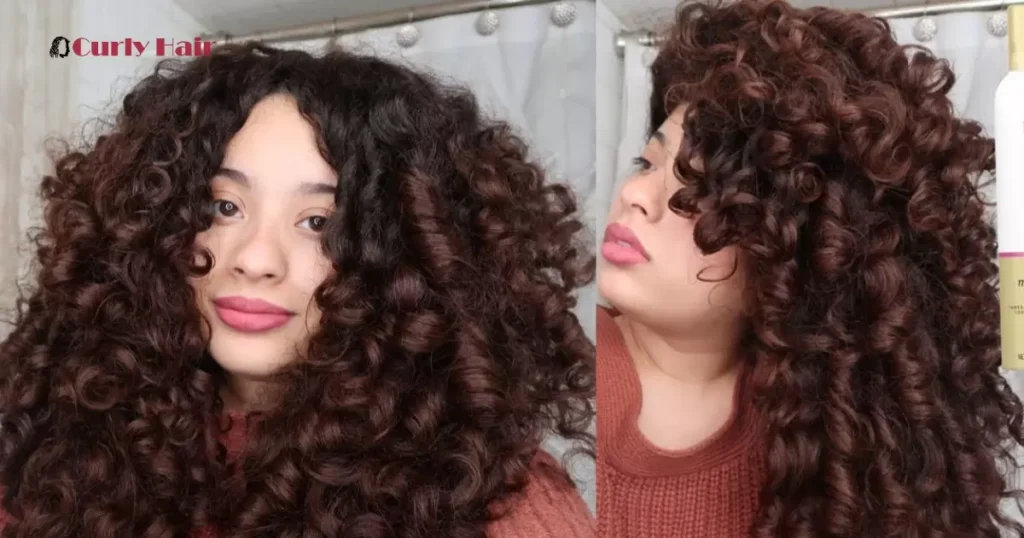
When refreshing curls, the process becomes challenging due to the impact of water. The natural shape of the curls is easily disturbed, and the presence of moisture dilutes the effectiveness of styling products. As a result, maintaining the original curl pattern becomes difficult, and achieving the desired level of definition becomes a test of patience.
Additionally, the introduction of dampness tends to create frizz, causing the curls to lose their characteristic bounce. Consequently, the overall styling experience becomes more intricate and demands careful attention to detail.
Why Does My Hair Curl In Humidity?
Humidity affects hair by increasing moisture levels. Hair strands swell and change shape. This leads to more curls and frizz. The cuticle lifts, causing a rough texture and less shine.
Is Humidity A Curl’s Friend Or Foe?
Humidity can be both a friend and foe for curls. It enhances curl definition by adding moisture. However, it also causes frizz and unruliness. Managing curls in humidity requires the right products and care.
Moisture makes curls more defined but also increases frizz. Too much humidity swells hair strands, lifting cuticles. This makes hair look rough and less shiny. Proper hydration and sealing can help control frizz.
How Low Humidity Levels Can Impact Curly Hair?
Low humidity levels can dry out curly hair. This causes frizz and reduced curl definition. Hair may appear flat and lack bounce. Moisturizing products help maintain hydration and shape.
Why Does Humidity Cause Frizzy Hair?

When it’s humid, hair gets frizzy. Here’s why, each hair strand has tiny scales. Humidity swells these scales, making hair wider. This causes frizz, as wider hair doesn’t align neatly.
Furthermore, water molecules in the air disrupt hydrogen bonds in the hair. These bonds usually keep hair smooth. Without them, hair becomes unruly and frizzes up. So, blame the humidity for those wild hair days.
Prevent Frizzy Hair Method
Taming frizzy hair is simple. Start with a sulfate-free shampoo. Use a wide-tooth comb, not brushes. Apply a leave-in conditioner evenly. Air dry or use a diffuser. Keep it easy, and frizz-free.
Sleep on a silk pillowcase. Avoid excess heat styling. Trim regularly to prevent split ends. Hydrate with water, not just products. Frizz-free hair, done effortlessly.
How To Handle Humidity And Curly Hair?
Humidity wreaks havoc on curly hair, but you can manage it with a few simple tricks. First, use a sulfate-free shampoo to maintain your hair’s natural oils. Then, apply a silicone-free conditioner to lock in moisture.
To style, use a wide-tooth comb on wet hair and let it air-dry to prevent frizz. Consider a satin pillowcase to reduce friction while sleeping. Lastly, embrace natural curls – avoid excessive heat styling to keep your hair healthy and happy.
Tips & Tricks For Handling Humidity
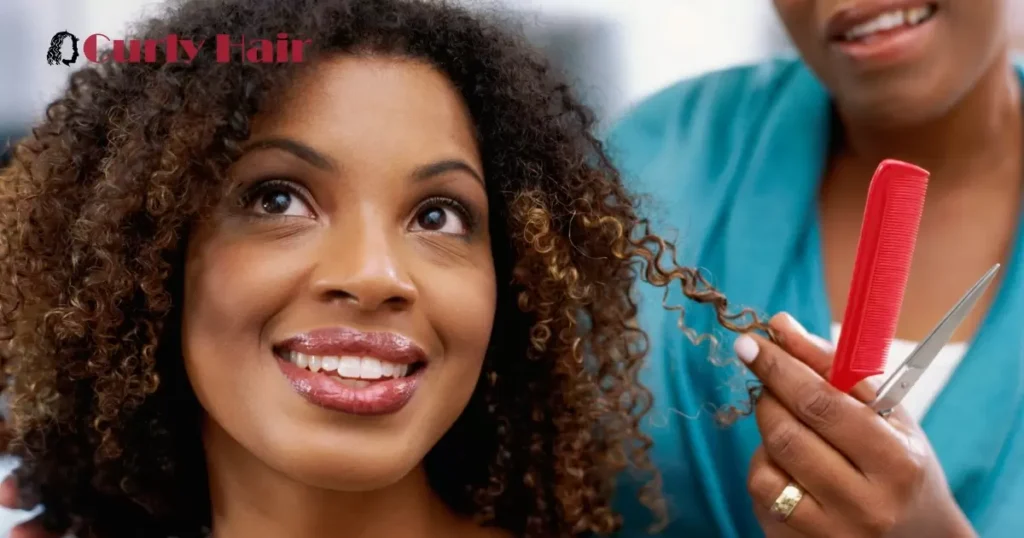
- Watch out for mold. Ventilate rooms well. Fix leaks promptly. Moisture breeds mold.
- No damp clothes indoors. Dry them out. Clean regularly. Dust holds moisture. Keep it simple.
- Use a dehumidifier. It pulls moisture. Set it up. Empty it often.
- Keep it breezy. Open windows for airflow. Fresh air helps. Don’t seal rooms tight.
- Are you dealing with humidity? Keep it cool. Use fans to circulate air. Swap hot showers for cool ones. It helps.
How High Porosity Hair And Curly Hair React To Humidity?
High porosity hair absorbs moisture from the air, causing it to swell. This makes the hair frizzy and unruly. Managing it requires extra care and the right products to seal the hair cuticles.
Curly hair also struggles with humidity. The excess moisture disrupts the curl pattern, leading to frizz. Using anti-humidity products can help maintain defined curls.
How Low Porosity Hair And Fine Hair React To Humidity?
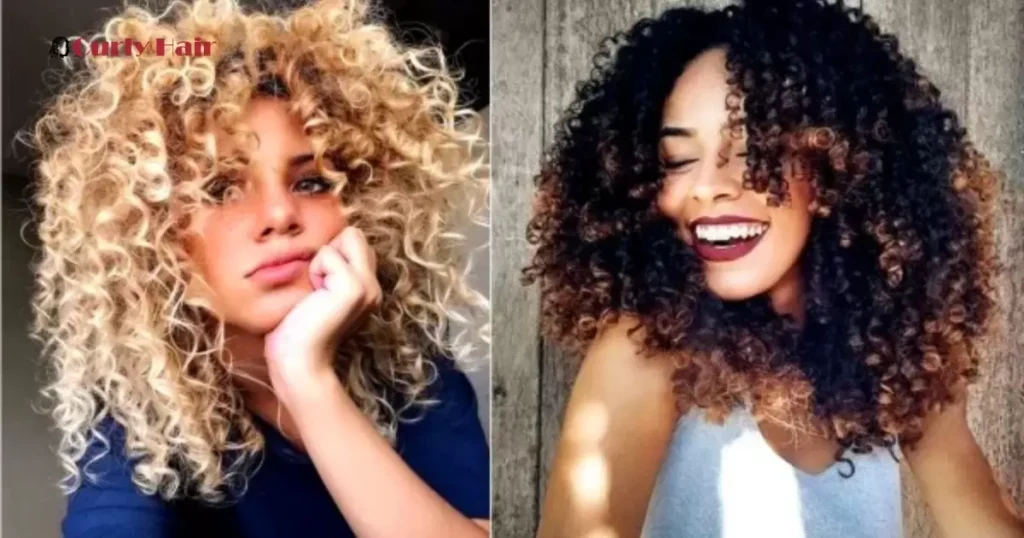
Low-porosity hair struggles to absorb moisture in humid conditions. This leads to product buildup and greasy strands. The hair feels weighed down and less bouncy.
Fine hair swells and becomes frizzy when exposed to humidity. Moisture in the air disrupts the hair’s structure. It results in a lack of volume and definition.
Frequently Asked Questions
How do you control curls in humidity?
Control curls with anti-frizz products. Opt for hairstyles that work with natural texture.
How do I stop my hair from frizzing in humidity?
Dry your hair completely before stepping out. Apply a smoothing serum. Consider a sleek hairstyle to minimize exposure.
Why does my hair look better when it’s humid?
Humidity helps hair by adding moisture, reducing frizz. Cuticles smooth out, reflecting light for a sleeker look. It’s nature’s hair conditioner.
Conclusion
In wrapping up, understanding What Does Humidity Do To Curly Hair? is crucial. Curly hair loves a bit of moisture, but excess humidity can lead to frizz. Balancing hydration and control is key for luscious, defined curls.
Remember, embrace the humidity with the right routine. Hydrate your curls, use anti-frizz products, and consider protective styles. Appreciate the natural bounce and beauty your curls can achieve in humid conditions. Stay confident, and let your curls shine.
